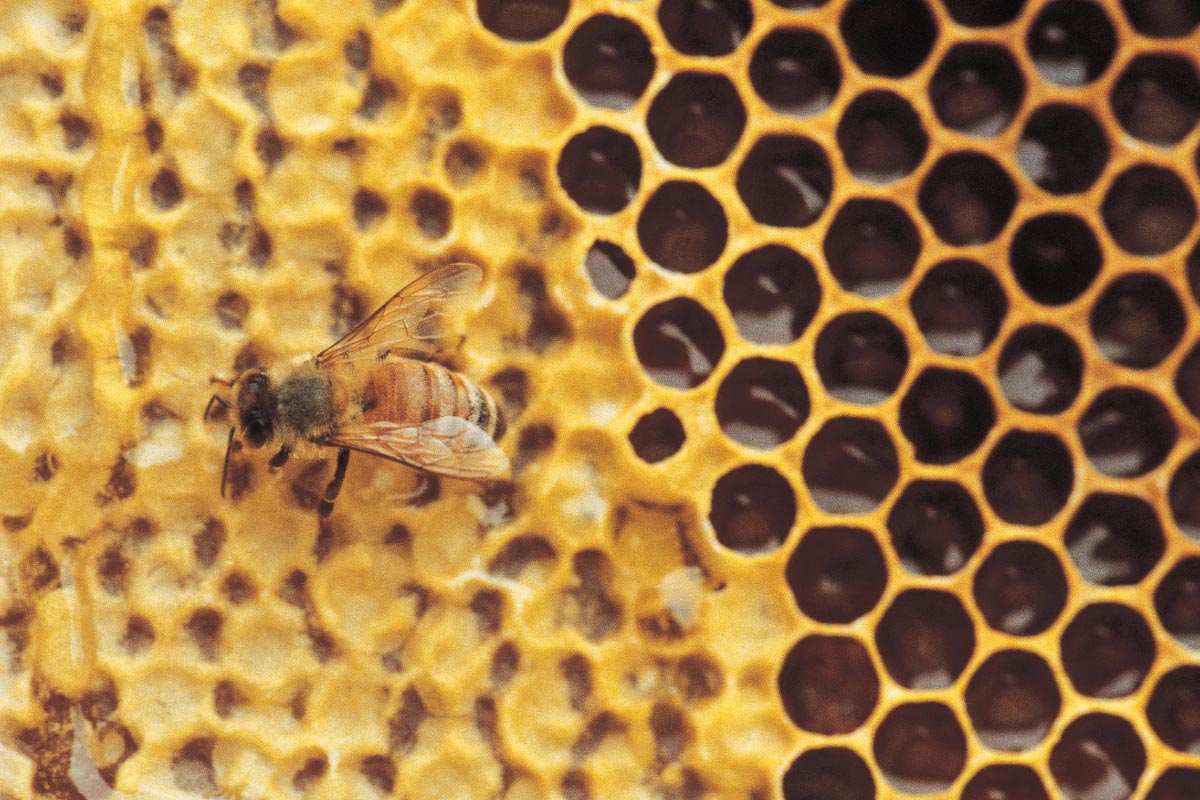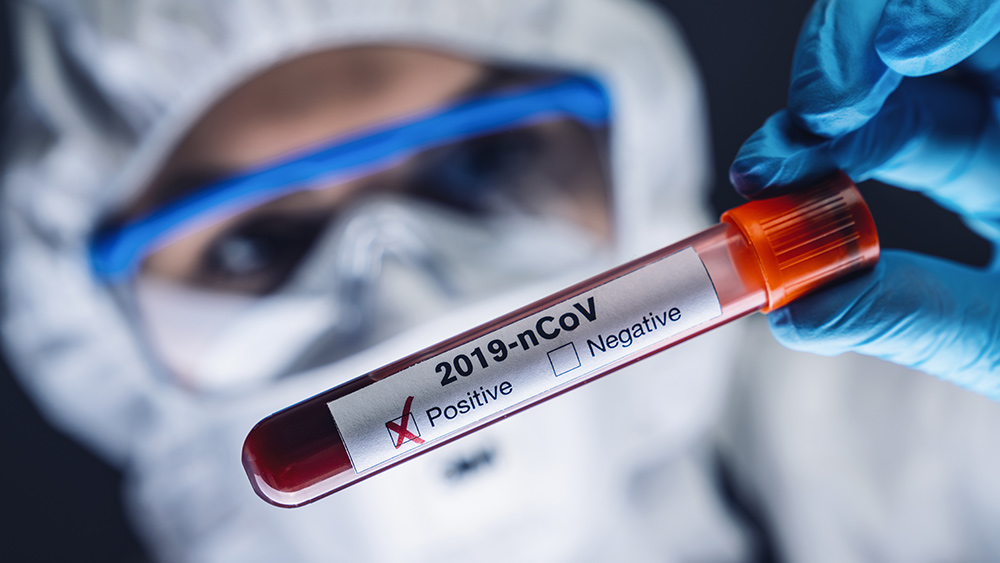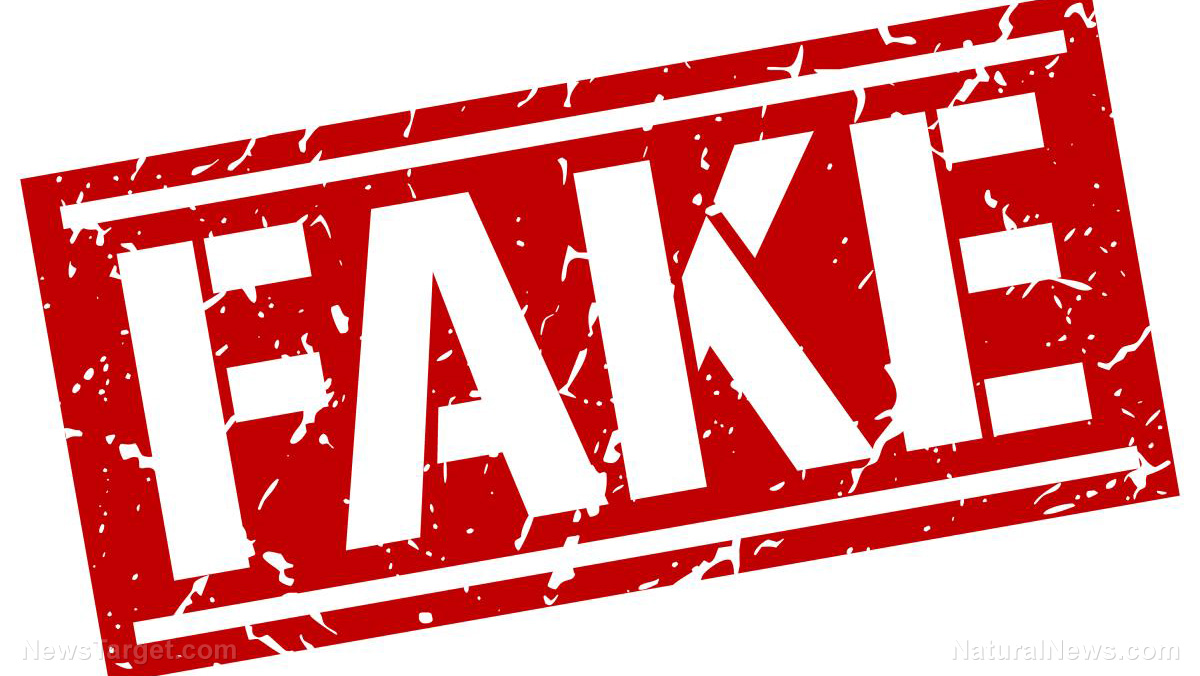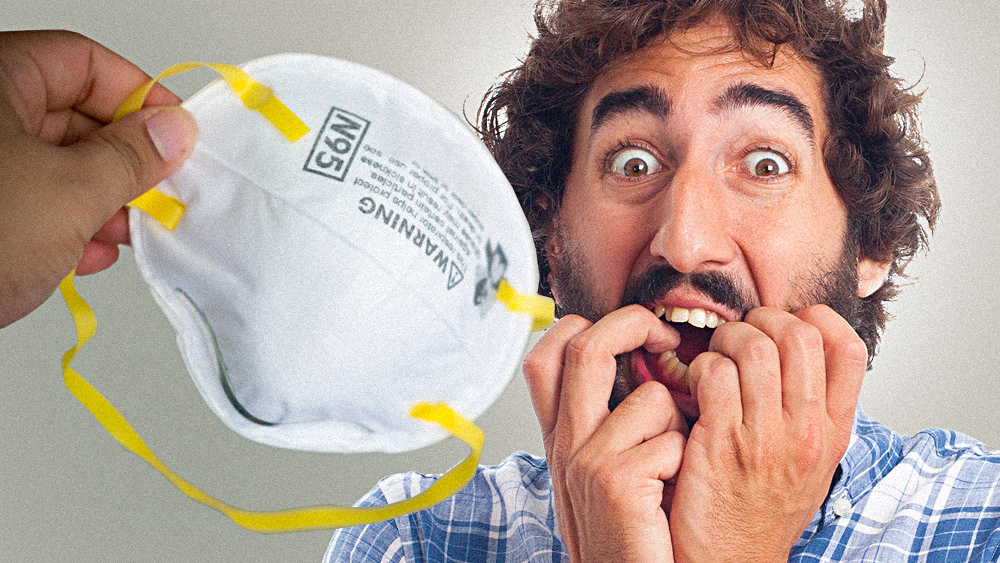Doubts raised on effectiveness of coronavirus antibody testing in the UK
07/15/2020 / By Franz Walker
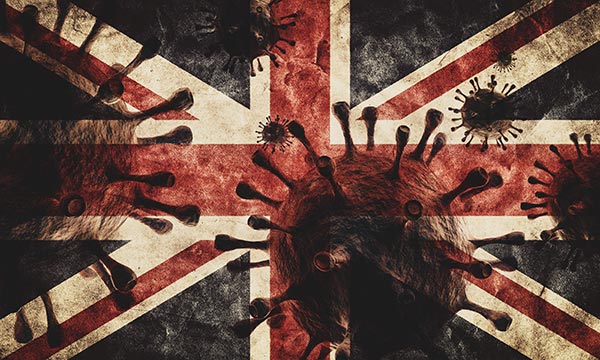
Rapid antibody tests have been hailed as an effective way to check for Wuhan coronavirus (COVID-19) infection for anyone who needs immediate results. Experts in the U.K., however, have warned that antibody tests are not reliable enough while questioning the use of wide-scale testing to influence public behavior.
According to a review of studies conducted by Cochrane, a U.K.-based network that assesses health research to help direct policy, roughly one in 10 antibody tests will miss cases of COVID-19. This could lead to people making harmful decisions delaying treatment or even traveling.
“There is no decision [patients] should be making based on the results of a test,” stated the review’s lead author Jon Deeks, a professor of biostatistics at Birmingham University in England. “We have to ask: Is this doing more harm than good?”
Review of studies raises doubts on antibody tests’ accuracy
Cochrane’s review took a look at 54 studies, the majority of which took place in China. In addition, it also looked at over 11,000 patient records and focused on 25 commercially available tests. Antibody test kits from Roche and Abbott Laboratories – those acquired by the British government – were not included in the review.
In reviewing the studies, the researchers outlined several concerns about their quality. This included the small size of some of the studies, as well as the inclusion of multiple samples from the same patients.
“Methodological limitations raise questions about how trustworthy these figures are,” said Deeks.
In one of the studies reviewed – a British one at that – the biomarker manufacturers did not approve the identification of the tests that had been evaluated. According to Deeks, this raised “moral issues.”
The review did find that that the tests, which rely on either a finger prick or blood being drawn from a vein, were much better at detecting the coronavirus in people at least two weeks after the onset of symptoms.
Tests conducted up to seven days after symptoms manifested picked up only 30 percent of coronavirus cases, the study found. From eight to 14 days after the onset, the tests found 70 percent; 15 to 35 days afterward, the tests detected more than 90 percent.
“The clearest result we have is that: Timing is critical,” said Deeks.
The researchers, however, said that they have no data on how well the tests work more than five weeks after symptoms manifest. In addition, they also state that the test’s accuracy may be much lower outside a healthcare setting – most of the studies evaluated the accuracy in hospitalized patients. As such, it is unclear whether they can detect antibody levels associated with milder and asymptomatic cases.
Based on their findings, the researchers said that the U.K. government’s antibody program should only be carried out for population-wide research purposes as scientists can adjust for accuracy limitations when looking at large datasets. The antibody tests should not, however, be used to inform individual decision-making.
Eleanor Riley, professor of immunology and infectious disease at Edinburgh University, who was not involved in the review, said that the review’s findings “make it very clear that most, if not all, commercially available tests are not sufficiently accurate to warrant their use outside of the healthcare setting.”
Immunity passports in doubt
The Cochrane review deals a serious blow to efforts to create “immunity passports” based on antibody testing, allowing people to go about their lives without fear of catching the COVID-19. (Related: The Bill Gates global nightmare is coming true with COVI-PASS Immunity Passports.)
Back in March, British Prime Minister Boris Johnson claimed that the tests would be a “total game-changer” and that they would be “as simple as a pregnancy test” – neither of which has been the case.
While the test kits used by the British government – supplied by Roche and Abbott Laboratories – were not part of the review, issues have been raised about them as well.
In May, Deeks called into question the effectivity of these test kits. He pointed out how, in a review of Roche’s own evidence, their test kit failed to pick up 15 known coronavirus antibody-positive samples out of 93. The Abbott test, on the other hand, was more sensitive, picking up 90 out of 96 positive samples.
Despite all the concerns raised, however, U.K. officials remain adamant about antibody testing, with the Department of Health and Social Care stating that “antibody testing will improve our understanding of how coronavirus is spreading across the country, which will be vital for future decisions about controlling the virus.”
Keep up with the latest at Pandemic.news.
Sources include:
Tagged Under: antibodies, antibody test, antibody testing, coronavirus, covid-19, disease, Flu, immunity passport, outbreak, pandemic, research, superbugs, UK



